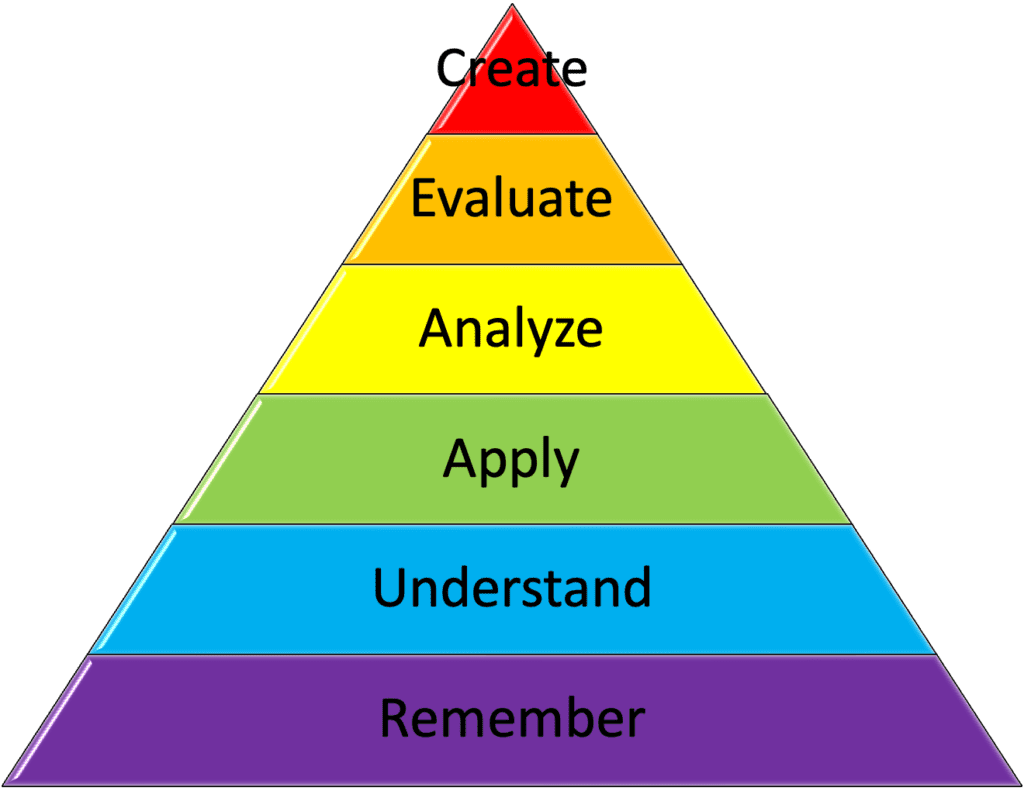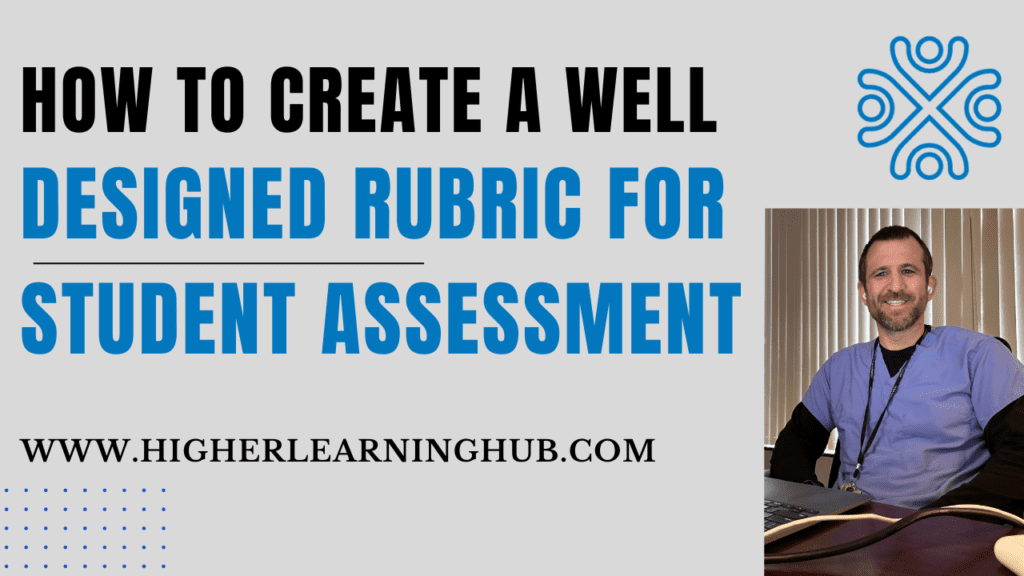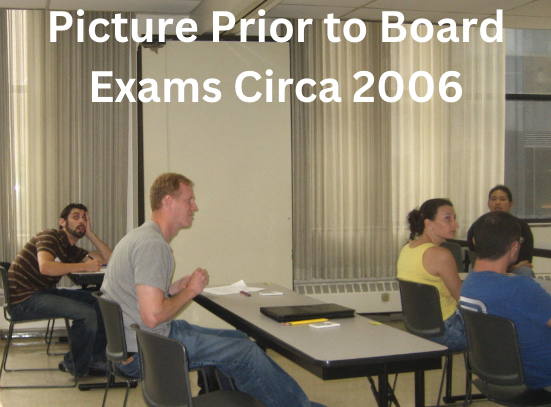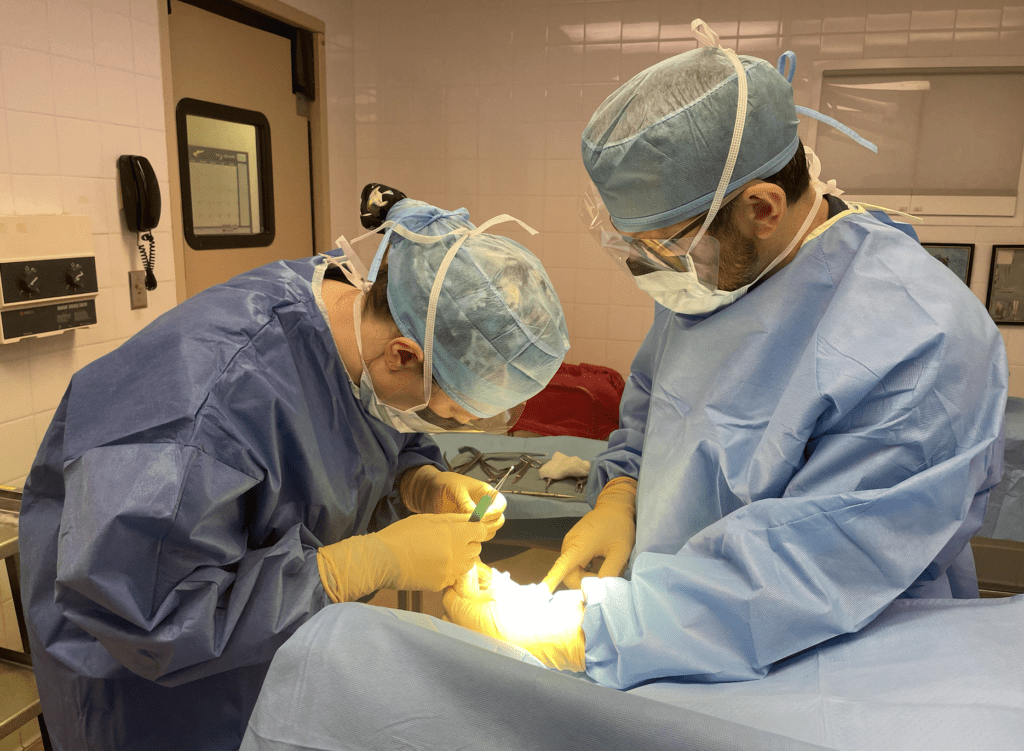Authored by Dr. Leland Jaffe, Associate Dean and Professor; Published on February 18th, 2024
Passing your medical boards is a crucial milestone for aspiring physicians, marking the transition from the didactic component of medical school to the clinical component. However, the exam can be daunting, requiring comprehensive knowledge and effective test-taking strategies. In this guide, we’ll explore proven strategies to help you prepare thoroughly and excel on your medical board exams.
1. Understand the Format of Your Board Exams:
Board exam preparation begins with familiarizing yourself with the format and structure of the exam. Whether it’s the APMLE Part I, the USMLE Step I exam, or another licensing exam, knowing the structure, timing, and content outline will help you tailor your study plan effectively.
2. Create a Study Plan:
Develop a detailed study schedule that allocates a sufficient amount of time for each subject and topic. Prioritize high-yield areas while ensuring coverage of all relevant content. Break down your study sessions into manageable chunks and incorporate regular review sessions to reinforce learning. Start by assessing your current knowledge and identifying areas of strength and weakness. Allocate dedicated study time each day or week, considering your academic commitments and personal schedule. Break down the vast amount of material into manageable segments, focusing on high-yield topics and concepts. Incorporate a variety of study resources, including textbooks, review books, online modules, and question banks. Utilize active learning techniques, such as teaching concepts to peers or creating mnemonics, to enhance retention and comprehension. Schedule regular review sessions to reinforce learning and identify areas that require further attention. Additionally, prioritize self-care and maintain a healthy work-life balance to prevent burnout. By following a structured study plan tailored to your needs and learning style, you can confidently tackle Part 1 of the medical boards and excel in your exams.
3. Start Studying Early For Your Board Exams!
For aspiring medical professionals preparing for Part 1 of the APMLE (American Podiatric Medical Licensing Examination) or USMLE exam, the timing of study commencement is crucial and can make a big difference. Ideally, candidates should initiate their studying well in advance, typically at least six to nine months before the scheduled exam date. This early start allows for comprehensive coverage of the material and facilitates a thorough understanding of the concepts tested. Beginning early also provides ample time for repeated review, reinforcement of key topics, and targeted practice, which are essential for mastering the exam content. By starting early, candidates can manage their study schedule effectively, alleviate last-minute stress, and increase their chances of achieving a successful outcome on their board exams.
4. Utilize High-Quality Practice Materials:
Invest in reputable study tools, such as review books, question banks, and online courses or resources. Choose resources that align with your learning style and provide comprehensive coverage of exam content. Consider supplementing traditional study materials with interactive tools and multimedia resources for a more engaging learning experience. It’s important to have self-awareness regarding what type of study material is compatible with your learning style.
5. Practice with Practice Questions:
Practice tests are invaluable for exam preparation, helping you familiarize yourself with the exam format and assess your understanding of key concepts. Dedicate time to completing practice questions regularly, focusing on both content review and test-taking strategies. Analyze your performance, identify areas of weakness, and adjust your study plan accordingly. Consider signing up for a board review course, especially for these high-stakes exams. Check out my blog post on improving your test-taking skills as well as how to approach multiple-choice questions.
6. Implement Active Learning Techniques:
Engage in active learning techniques, such as teaching concepts to a study partner, creating mnemonics, or participating in study groups. Actively engaging with the material enhances retention and comprehension, making it easier to recall information during the exam.
7. Simulate Exam Conditions at the Testing Center:
Before the exam, simulate test conditions by taking full-length practice exams under timed conditions. This will help you build endurance, improve time management skills, and reduce test anxiety. Review your performance on practice exams to identify areas for improvement and refine your test-taking strategies.
8. Prioritize Self-Care:
Prioritize self-care during the exam preparation process to maintain physical health and mental well-being. Get adequate sleep, eat nutritious meals, and incorporate regular exercise and relaxation techniques into your routine. Managing stress levels and maintaining a healthy work-life balance is essential for optimal performance on exam day.
9. Stay Confident and Positive:
The final step is to approach the exam with confidence and a positive mindset. Believe in your abilities and the hard work you’ve invested in your preparation. Stay focused, remain calm under pressure, and trust in your preparation process. Visualize success and maintain a positive attitude throughout the exam.
What are some pitfalls that I frequently see students make when preparing for their board exams:
- Procrastination and leaving studying until the last minute.
- Spending too much time on memorization rather than understanding concepts.
- Underestimating the breadth and depth of the exam content.
- Poor time management, leading to uneven coverage of topics or rushed studying.
- Neglecting self-care and experiencing excessive stress and anxiety.
- Overloading with study materials, which leads to confusion and overwhelm.
- Ignoring practice exams or not simulating exam conditions effectively.
- Failing to seek help or clarification on challenging topics from medical school faculty.
- Getting distracted easily or succumbing to multitasking while studying.
- Not adapting study strategies based on personal learning style and preferences.
- Lack of organization in study materials and notes.
- Neglecting to review previously covered material, leading to forgetting key concepts.
- Overlooking the importance of breaks and rest periods during study sessions.
- Engaging in unhealthy habits such as poor diet, lack of exercise, or inadequate sleep.
- NOT STARTING EARLY ENOUGH
Being aware of these pitfalls can help students navigate their preparation more effectively and improve their chances of success on their board exams.
Proven Strategies To Prepare for Medical Board Exams – Conclusion:
Passing the medical board exam requires dedication, discipline, and effective preparation strategies. By understanding the exam format, creating a comprehensive study plan, utilizing high-quality resources, and implementing active learning techniques, you can maximize your chances of success. Remember to prioritize self-care, stay confident, and approach the exam with a positive mindset. With perseverance and determination, you can conquer the medical board exam.
Several qualities contribute to being good test-takers. Firstly, effective time management skills are paramount, allowing the test taker to allocate sufficient time to each question or section without rushing or lingering excessively. Additionally, maintaining focus and concentration throughout the test duration is crucial, enabling the individual to comprehend questions accurately and avoid careless errors. A good test taker demonstrates adaptability, swiftly adjusting strategies when encountering challenging questions or unforeseen obstacles. Furthermore, confidence in one’s knowledge and preparation instills a calm demeanor, mitigating anxiety and promoting clearer thinking- trust the process! Lastly, effective test takers utilize test-taking strategies such as the process of elimination, educated guessing, and strategic skipping to maximize their performance (see my blog post on test-taking strategies). These qualities collectively empower individuals to approach exams with confidence, resilience, and precision, ultimately leading to successful outcomes.
Taking a board exam extends beyond possessing a solid medical knowledge base; it’s also about understanding the exam itself. Success on these rigorous assessments often hinges on familiarity with the exam format, question types, and time constraints. Knowing how to interpret questions accurately, strategize effectively, and manage time efficiently are critical skills that can significantly impact performance. Additionally, being aware of common pitfalls and avoiding test-taking traps can be just as important as mastering content. Therefore, preparing for a board exam involves not only acquiring knowledge but also honing test-taking strategies and techniques tailored to the specific exam, ultimately optimizing the chances of achieving a favorable outcome.







